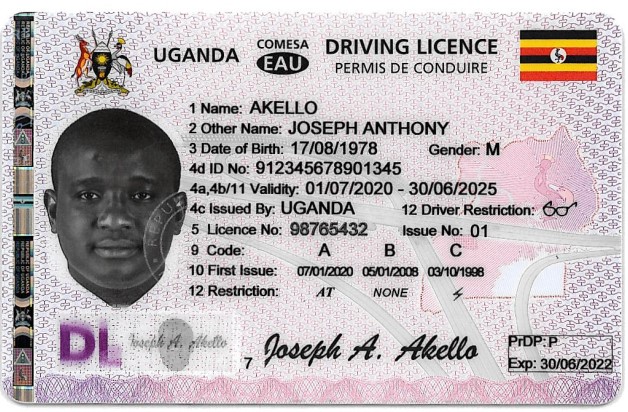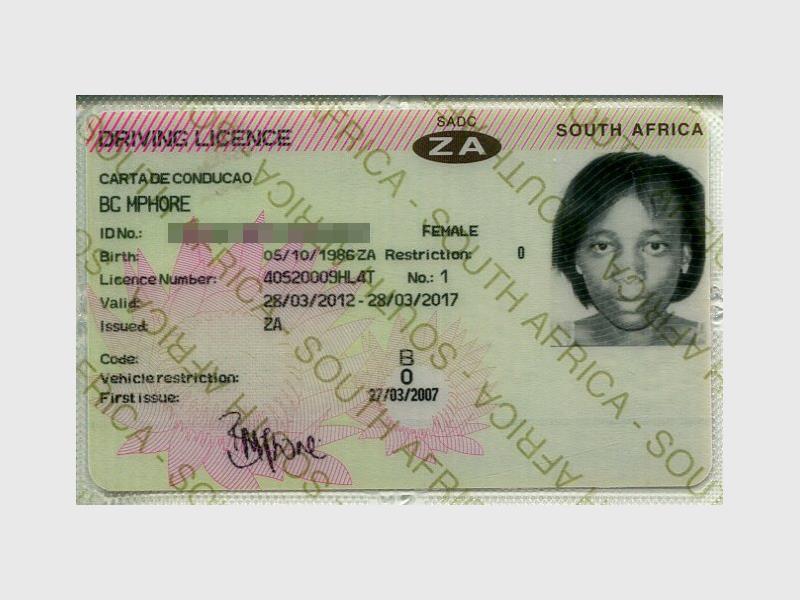Introduction:

Image: www.comesa.int
Navigating the labyrinthine world of business regulations can be daunting, especially for aspiring entrepreneurs. One of the most critical steps in establishing a legitimate trading entity is obtaining a trading licence. Failure to acquire this licence can not only jeopardize your business operations but also expose you to hefty fines and legal penalties. This comprehensive guide will provide you with a step-by-step roadmap to successfully secure a trading licence in South Africa, empowering you to operate with confidence and peace of mind.
Understanding the Importance of a Trading Licence:
A trading licence is not merely a formality; it serves as the legal foundation of your commercial enterprise. It allows you to conduct business legally and interact with customers, suppliers, and other stakeholders with legitimacy. Moreover, it provides you with the necessary protection against unauthorized activities and unethical practices, ensuring a level playing field for all businesses.
Who Needs a Trading Licence in South Africa?
Legally, any individual or entity engaged in the sale of goods or services in South Africa must obtain a trading licence. This includes businesses of all sizes, from small sole proprietorships to large corporations. It is essential to note that certain activities, such as financial services and healthcare, may require additional licences or permits.
Types of Trading Licences in South Africa:
Depending on the nature of your business and the location of your operations, you may be required to obtain one of the following types of trading licences:
- Municipal Trading Licence: This is issued by the local municipality where your business is located and covers most general business activities.
- Specialised Trading Licence: This is required for businesses operating in specific sectors, such as manufacturing, mining, or food and beverage production.
Step-by-Step Guide to Applying for a Trading Licence:
Step 1: Gather Required Documents
You will need the following documents:
- Certified copy of your identity document or passport
- Proof of business registration (Pty Ltd, CC, etc.)
- Business address and contact details
- Proof of business activities
- Proof of compliance with relevant industry regulations
Step 2: Choose the Appropriate Licence
As mentioned earlier, the specific type of licence you require depends on your business activities. Consult with your local municipality or a business advisory service to determine the appropriate licence for your needs.
Step 3: Submit Your Application
Submit your completed application form, along with all necessary supporting documents, to the relevant licensing authority. This can be done in person, by mail, or online (if available).
Step 4: Payment and Issuance
Once your application is approved, you will be required to pay the licence fee. Upon payment, the licensing authority will issue you with a trading licence.
Expert Insights and Actionable Tips:
- Seek Professional Guidance: If you encounter any challenges or uncertainties, consider consulting with a lawyer or business advisor who specializes in licensing matters.
- Complete Your Application Carefully: Ensure that all information provided on your application is accurate and complete. Incomplete or inaccurate applications may lead to delays or rejections.
- Maintain Your Licence: Your trading licence is not perpetual. It typically expires after a certain period, such as annually or biennially. It is your responsibility to renew your licence on time to avoid operating illegally.
Conclusion:
Obtaining a trading licence in South Africa is a crucial step in ensuring the legitimacy and success of your business. By following the outlined steps and embracing our practical tips, you can navigate the application process with confidence.Remember, a trading licence is not just a piece of paper; it represents your commitment to ethical business practices and contributes to the growth of South Africa’s vibrant commercial landscape. Embrace this responsibility and operate your business with integrity, knowing that you are recognized and protected by the law.

Image: professionalstree.weebly.com
Apllying For Trading Licence In South Africa






